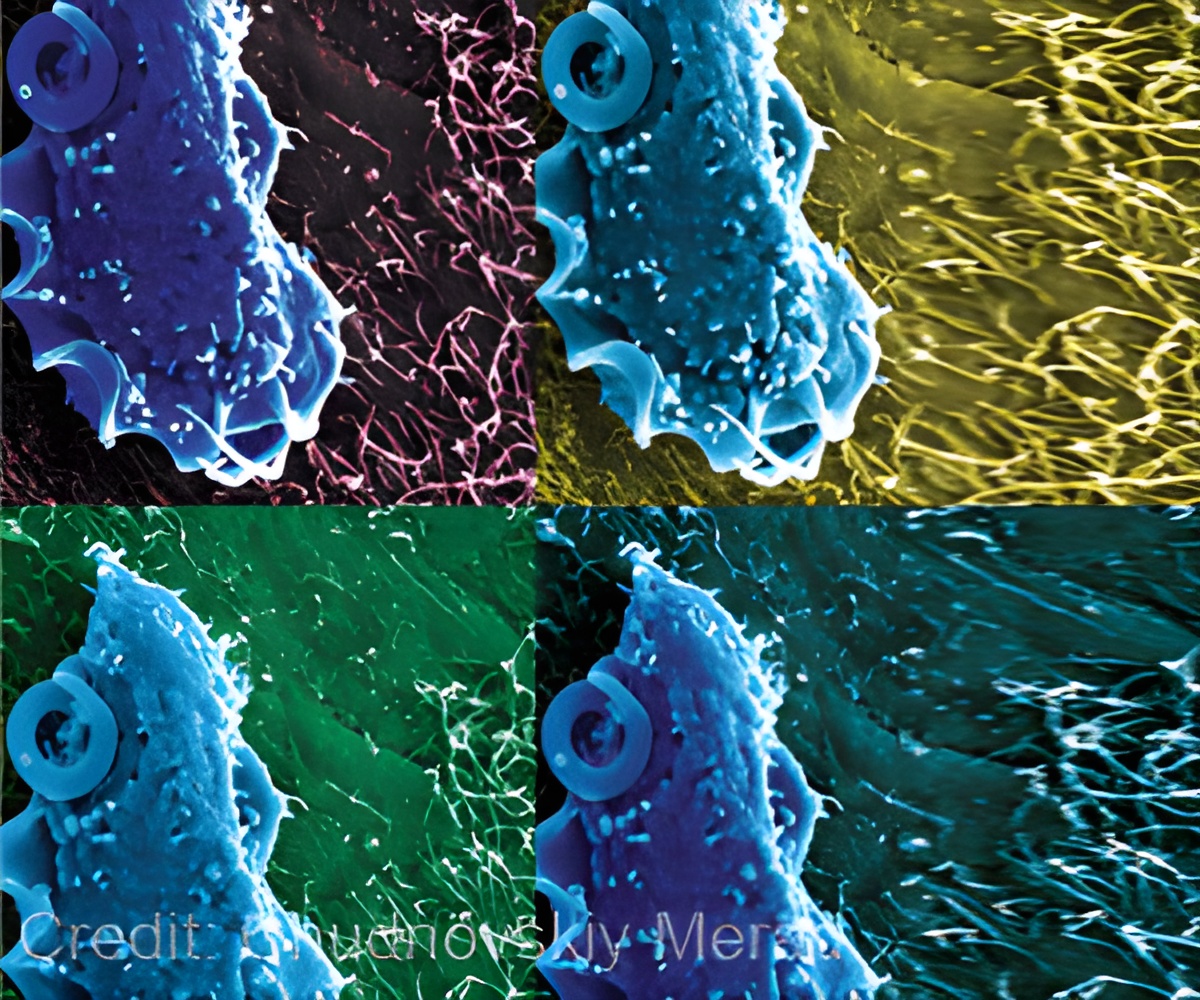New polymer material protects cells during freezing leading to more cells being recovered and less use of antifreeze.
Cell freezing for cell transfusion and biomedical research improved dramatically with the use of new polymeric cryoprotectant discovered at the University of Warwick. There is also a reduction in the amount of antifreeze needed.
The //ability to freeze and store cells for cell-based therapies and research has taken a step forward in the paper '
A synthetically scalable poly(ampholyte) which dramatically Enhances Cellular Cryopreservation.' published by the University of Warwick's Department of Chemistry and Medical School in the journal
Biomacromolecules. The new polymer material protects the cells during freezing, leading to more cells being recovered and less solvent-based antifreeze being required.
TOP INSIGHT
New advancement in the ability to freeze and store cells for cell-based therapies and research with the advent of this new polymer material.
Read More..
Cryopreservation of cells is an essential process, enabling banking and distribution of cells, which would otherwise degrade. The current methods rely on adding traditional '
antifreezes' to the cells to protect them from the cold stress, but not all the cells are recovered and it is desirable to lower the amount of solvent added.
The new Warwick material was shown to allow cryopreservation using less solvent. In particular, the material was very potent at protecting cell monolayers - cells which are attached to a surface, which is the format of how they are grown and used in most biomedical research.
Having more, and better quality cells, is crucial not just for their use in medicine, but to improve the quality and accessibility of cells for the discovery of new drugs for example.
Cell-based therapies are emerging as the "
fourth pillar" of chemo-therapy. New methods to help distribute and bank these cells will help make them more accessible and speed up their roll-out, and this new material may aid this process.
Professor Matthew Gibson who holds a joint appointment between the Department of Chemistry and Warwick Medical School comments:
"
Cryopreservation is fundamental to so much modern bioscience and medicine, but we urgently need better methods to meet the needs of advanced cell-based therapies. Our new material is easy to scale up, which is essential if this is to be widely used, and we found it to be very protective for several cell lines. The simplicity of our approach will hopefully help us translate this to real applications quickly, and make an impact in healthcare and basic research."
Source-Eurekalert

 MEDINDIA
MEDINDIA



 Email
Email





